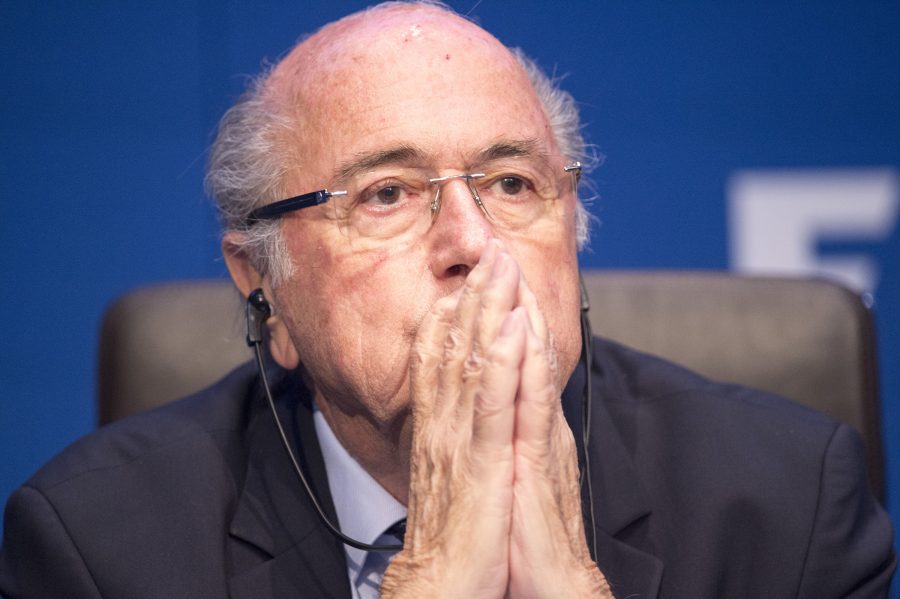“And with regard to the actions of all men, and especially with princes where there is no court of appeal, we must look at the final result…. the ordinary people are always taken by the appearance and the outcome of a thing.” – Niccolò Machiavelli, “The Prince.”
Until he resigned yesterday, Joseph “Sepp” Blatter, from Switzerland, had been the president of FIFA for 17 years. Not only was he in charge of the 209 FIFA member nations, making him responsible for more countries than the United Nations, he was also in charge of the world’s most popular sport. Controversy had followed him since his election as president in 1998, when he was accused of fixing his election, all the way up until last week, when 14 individuals, including 9 FIFA officials, were indicted by the U.S. Department of Justice over an alleged scheme of kickbacks and bribes involving more than $150 million. As a result, Blatter had become public enemy number one in the eyes of many soccer fans, no doubt a reason for his resignation.
Blatter expanded FIFA to nearly all ends of the earth, using FIFA funds to develop the game throughout the Caribbean, the Middle East and Africa. Even though there was corruption and scandal throughout Blatter’s presidency, fans more or less gave him a pass, as Machiavelli could have predicted. The public saw the improvement of soccer, and being so attached to this game, they either overlooked or were simply left unaware of any corruption.
But, by running soccer like a Chicago politician, Blatter monopolized the world’s most popular sport and put out a product that people rabidly consumed. Since people bought his product, he got away with his misdeeds. Those in charge of something as popular and as culturally-rooted as sports will always have power over the public.
In America, for example, the public will always complain about the flaws of the NCAA or the NFL systems, but most will never stop watching. The organizations in charge of sports have the fans trapped, and it seems that no amount of corruption or scandal will turn enough of them away to prompt any sort of institutional change.
If sport is going to be a product, and if the fans are always going to ingest it, corruption and scandal are simply natural consequences. The organizations are accountable only to themselves, and the public will only judge them based on their product.
Blatter ultimately became hated not for financial mismanagement or bribery, but rather for exploiting something that was not his to own, which is the beautiful game of soccer. With his resignation, he paid the price. This same monumental downfall will eventually happen in other sports as well, but not before the public begins to accept that there may be something more important than who wins the big game on Saturday, and hopefully this FIFA episode will serve as a reality check for other sports organizations. The entire idea of sport has been hijacked by marketing and unchecked corporatism, but not enough fans care. Instead, they just fill the stands.
Joe Puchner is a junior majoring in mathematics and Spanish. His column runs biweekly.









